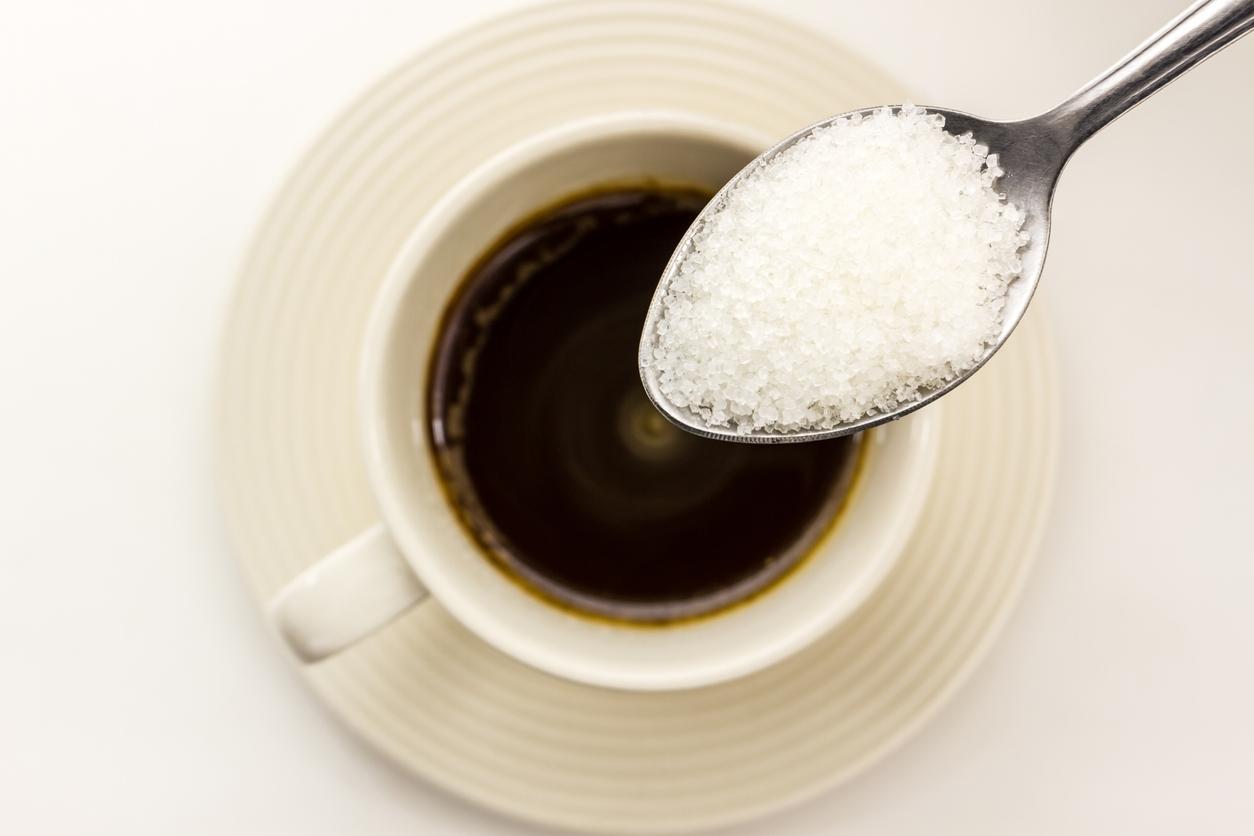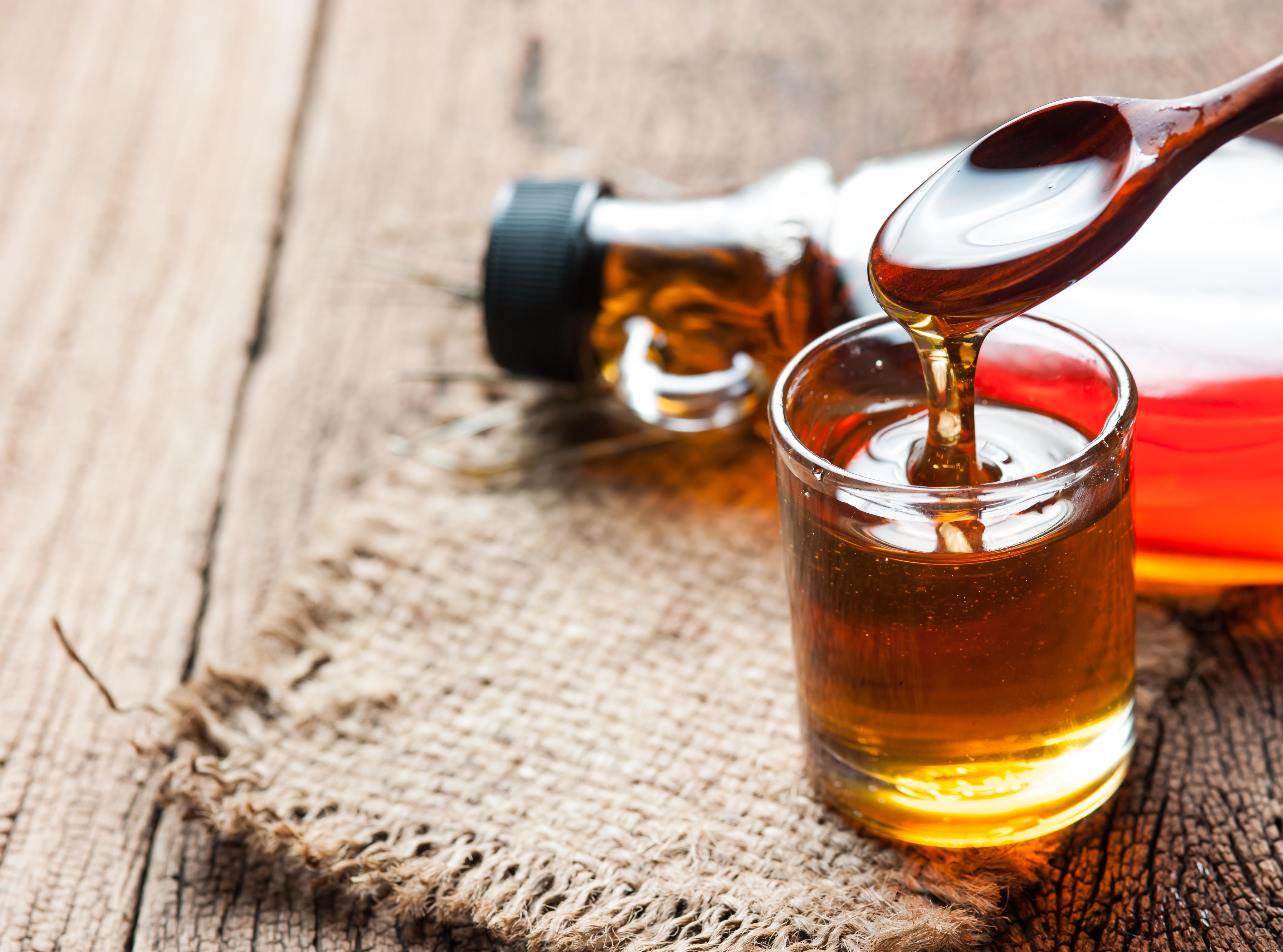Also called “date molasses” or “date honey”, the syrup dates is the juice obtained from pitted, cooked and pressed dates. Its brown color and syrupy texture are reminiscent of those of Maple syrup. To the taste, there is a slight flavor of date, but especially that of caramel due to cooking.
This 100% natural sugar is starting to break through in organic stores: it meets the demand for unrefined and healthier products. Be careful, there are date syrups on the internet in which sugar and additives have been added … Look at the ingredients and prefer the organic versions.
What are its main strengths?
“Unlike white sugar which contains only sucrose, date syrup retains the minerals of the fruit and in particular potassium, which is involved in muscle contraction, anti-stress magnesium, anti-fatigue iron, and calcium, which is important for bone strength. “ , indicates Marie-Laure André, dietician nutritionist, and glycemic index specialist. An interesting cocktail even if you only consume it in small quantities.
“Less calories than white sugar, about 300 Cal per 100 g against 400, it allowslighten the desserts a little, especially since we tend to use less because it is more fragrant “ , adds the expert.
Is it very sweet?
“Yes, it is mostly sugar and has a high glycemic index, around 70” , recalls Marie-Laure André. So no question of tasting it with a spoon. It is used sparingly, like other natural sugars: honey, agave syrup, kitul sap … “It is recommended not to exceed 25 to 50 g of sugar per day, or 1 tablespoon of date syrup already provides half” , underlines the dietician. We should therefore avoid associating it with a sweet product such as fruit juice or a slice of brioche, and we prefer it with plain yogurt or wholemeal bread.
How to use it ?
In the Middle East, where it originated, “it is used to prepare a popular drink called jallab, served with crushed ice and pine nuts or pistachios, very refreshing in the summer!” , explains Fadia Zeidan, Lebanese cook, author of Lebanon, all the basics of Lebanese cuisine, ed. Mango.
But you can also try it in the kitchen. Instead of sugar in a cake batter, it adds softness, color and flavor. In a salty version, it spices up marinades for a duck or a salmon, for example, and delicately scents the vinaigrette with a endive salad or lamb’s lettuce with nuts.
Read also :
Stop sugar: health effects in just two weeks
Refined and unrefined sugar: what’s the difference?


















